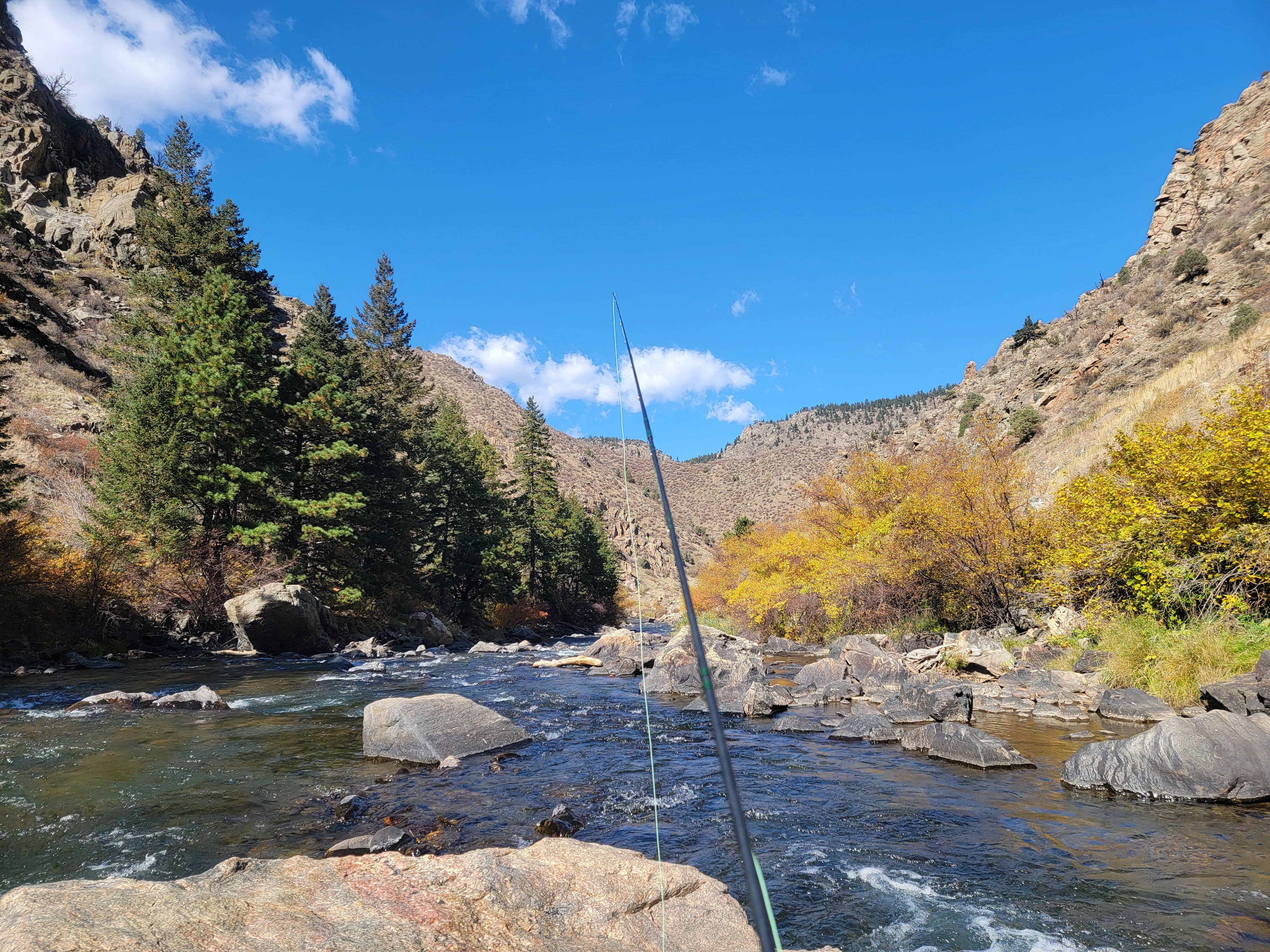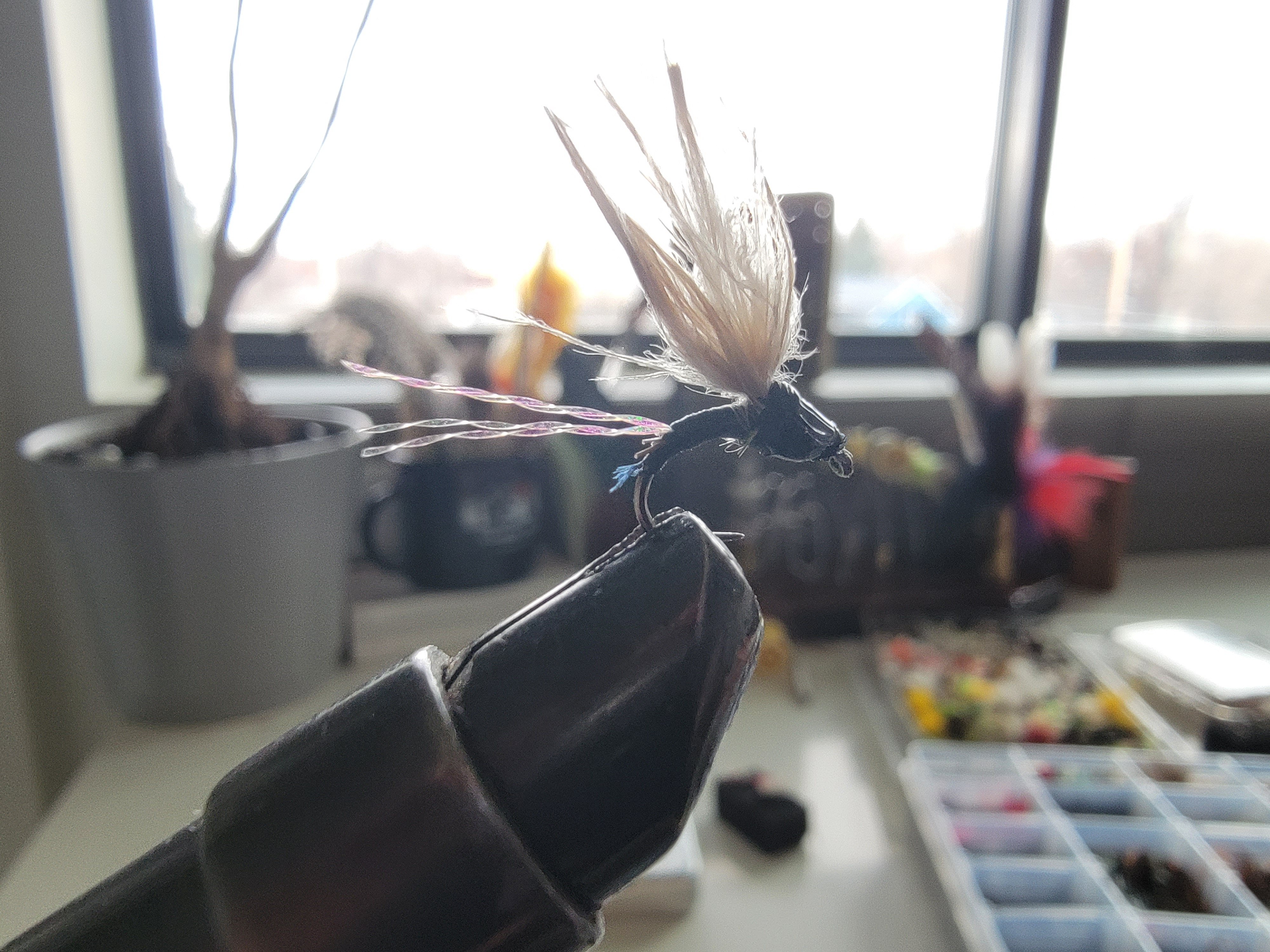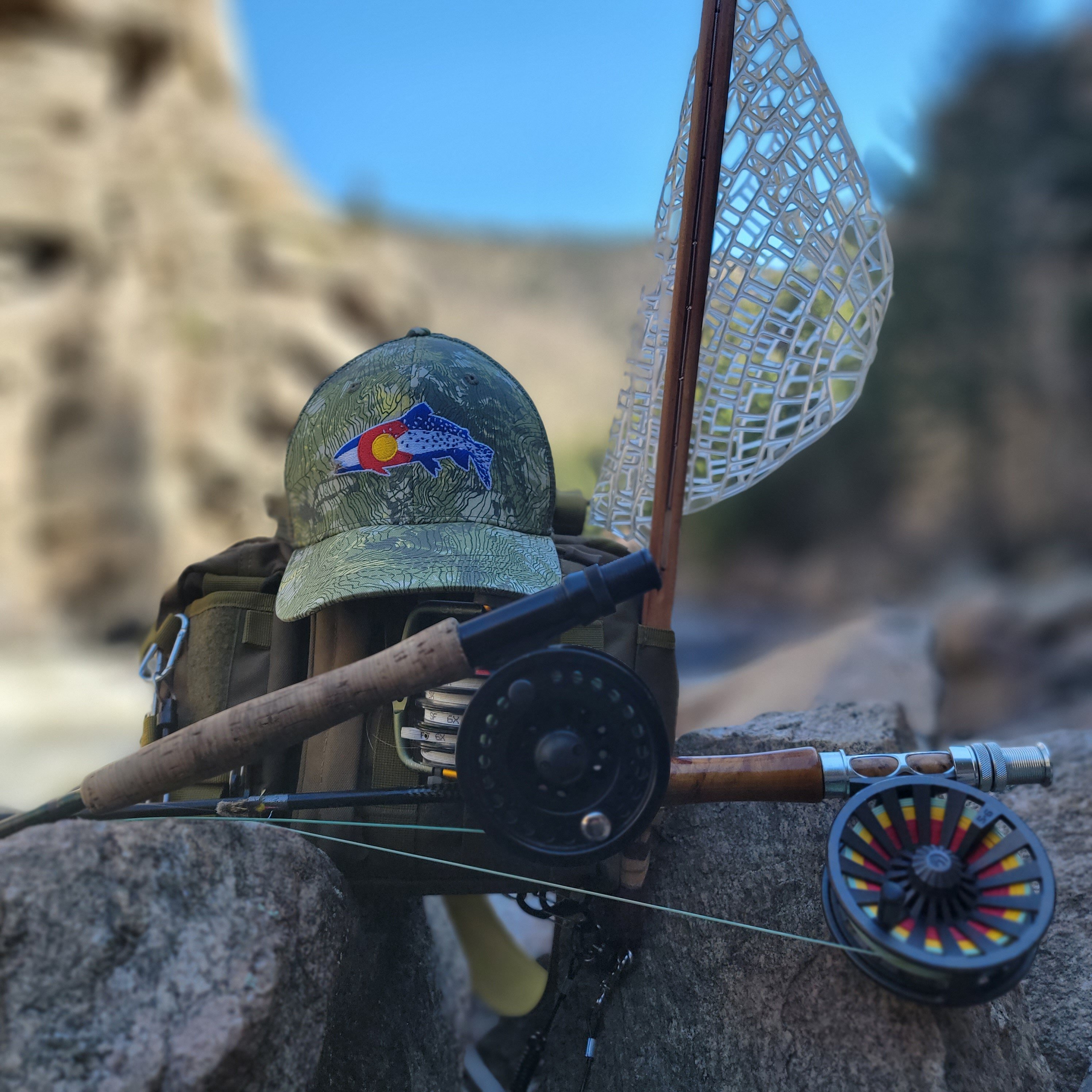Fly fishing is a great way to explore the beautiful Colorado wilderness and enjoy the outdoors. However, it's essential to prioritize safety to ensure a successful and enjoyable experience. We've put together a list of safety tips that will help you stay safe while fly fishing in the Colorado wilderness. Following these tips, you can enjoy your time on the water without any worries.
Understanding the Colorado Terrain

Before heading out to fly fish in Colorado, it is crucial to have a good understanding of the terrain. Colorado is known for its diverse landscapes, ranging from mountains to rivers and forests. Familiarize yourself with the area where you plan to fish, including any potential hazards such as cliffs, fast-moving water, or dense vegetation.
Research the topography, water conditions, and any local regulations or restrictions that may be in place. This will help you navigate the area safely and avoid any unexpected challenges.
Essential Gear and Equipment

Having the right gear and equipment is crucial for a safe and enjoyable fly fishing experience in Colorado. Here are some essential items to consider:
- Fly fishing rod and reel: Choose a rod and reel that are suitable for the type of fish you are targeting and the specific fishing conditions in Colorado.
- Fishing line and leaders: Use high-quality fishing line and leaders appropriate for the type of flies you will be using and the size of the fish you are targeting.
- Fly assortment: Pack a variety of flies that mimic the insects commonly found in Colorado's rivers and streams. Research the local hatch patterns to determine the most effective flies for your fishing trip.
- Waders and boots: Invest in a good pair of breathable waders and sturdy boots that provide traction on slippery rocks and uneven terrain.
- Fishing vest or pack: Keep your essential gear, such as extra flies, line, leaders, and tools, organized and easily accessible in a fishing vest or pack.
- Sun protection: Colorado's high elevation and intense sunlight can cause sunburn and dehydration. To protect yourself from the sun's harmful rays, wear sunscreen, a wide-brimmed hat, sunglasses, and lightweight, breathable clothing.
- Insect repellent: Mosquitoes and other biting insects can be prevalent in certain areas of Colorado. Apply insect repellent to prevent bites and potential disease transmission.
Weather Preparedness

Colorado's weather can be unpredictable, especially in mountainous regions. Being prepared for changing weather conditions is vital to stay safe during your fly fishing trip. Here are some tips:
- Check the weather forecast: Before heading out, check the local weather forecast and be aware of any potential storms or severe weather warnings. Avoid fishing during thunderstorms or when lightning is present.
- Dress in layers: Colorado's temperatures can fluctuate throughout the day. Layer your clothing to stay comfortable in changing weather conditions.
- Pack rain gear: Carry a lightweight, waterproof jacket or poncho in case of rain showers.
- Be aware of hypothermia: Colorado's rivers and streams can be cold, even in summer. Avoid prolonged exposure to cold water by wearing appropriate clothing.
Wildlife Awareness

Colorado is home to diverse wildlife, including bears, mountain lions, moose, and rattlesnakes. Being aware of your surroundings and taking precautions to avoid wildlife encounters is essential. Here are some tips:
- Make noise: When walking along rivers or through dense vegetation, make noise to alert wildlife of your presence. This can help prevent surprise encounters.
- Carry bear spray: If you are fishing in bear country, carry bear spray and know how to use it effectively. Keep it easily accessible, and be prepared to use it in case of an encounter.
- Store food properly: If you bring food with you, store it in bear-resistant containers or hang it from a tree branch to keep it out of reach of wildlife.
- Respect wildlife: Admire wildlife from a safe distance and never approach or feed them. Remember that you are a visitor in their natural habitat.
Emergency Protocols
While fly fishing in Colorado, it is important to be prepared for emergencies and know how to respond in different situations. Here are some essential emergency protocols to keep in mind:
- Carry a first aid kit: Pack a well-stocked first aid kit that includes primary medical supplies such as bandages, antiseptic ointment, and pain relievers.
- Know your location: Familiarize yourself with the area and have a map or GPS device to help you navigate. In case of an emergency, knowing your location can be crucial for rescue teams.
- Inform someone of your plans: Before heading out, let someone know your fishing plans, including the location and expected return time. If you do not return as planned, they can alert the authorities.
- Be prepared for self-rescue: In remote areas, it may take time for rescue teams to reach you. Carry essential items such as extra food, water, and a survival blanket if you need help. Sometimes, nobody is coming, and you need to figure your shit out.
- Stay calm and assess the situation: In case of an emergency, stay calm and assess the situation. Make rational decisions and prioritize your safety and well-being.
.png?width=300&height=100&name=Copy%20of%20Rise%20Beyond%20Logo%2012.31.24%20(300%20x%20100%20px).png)
.png)


